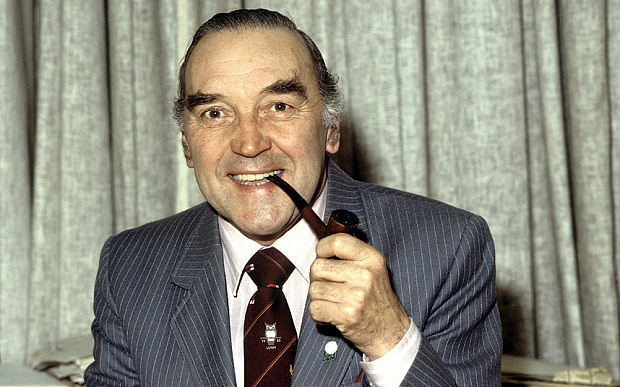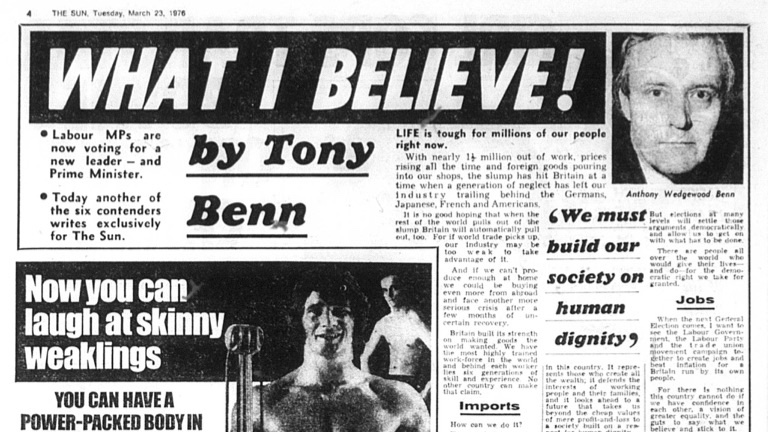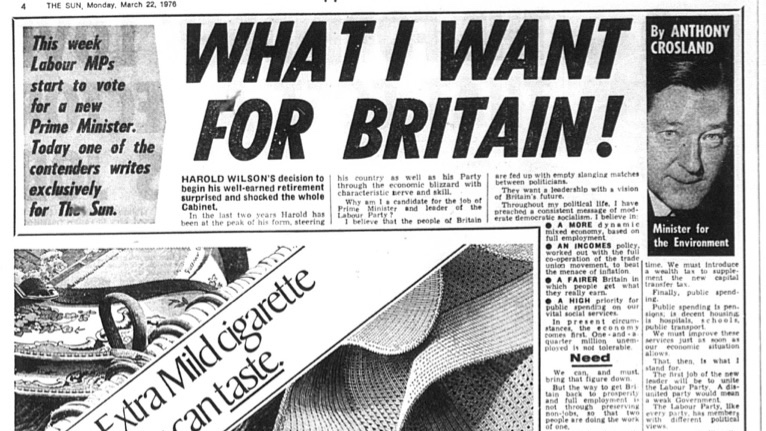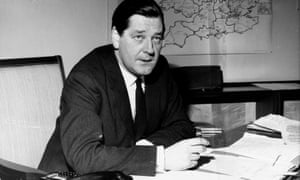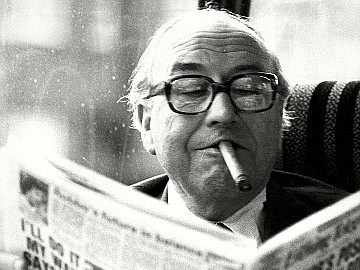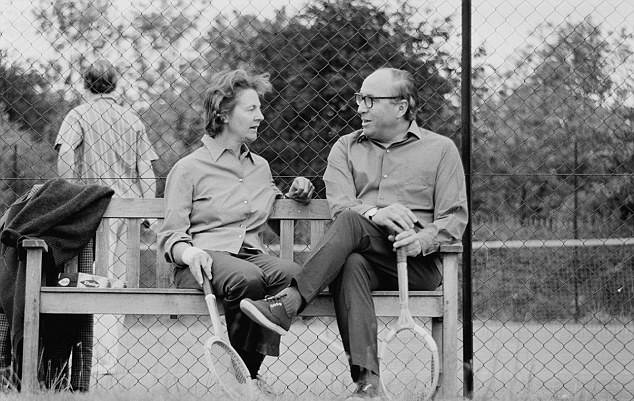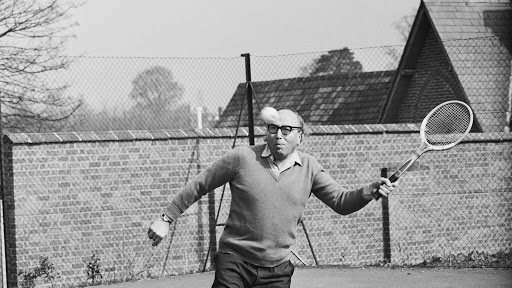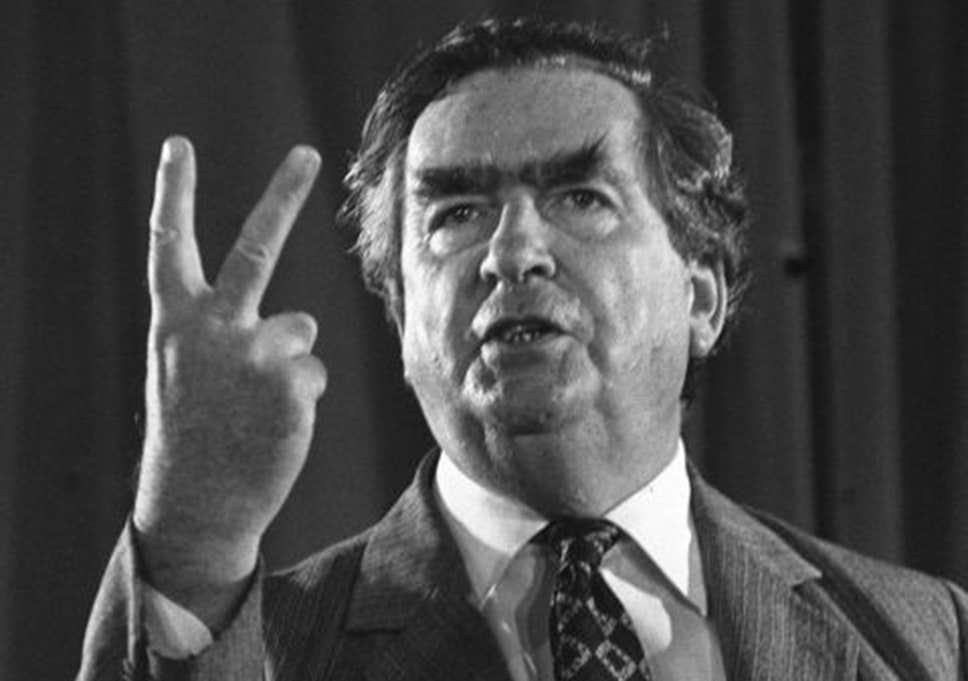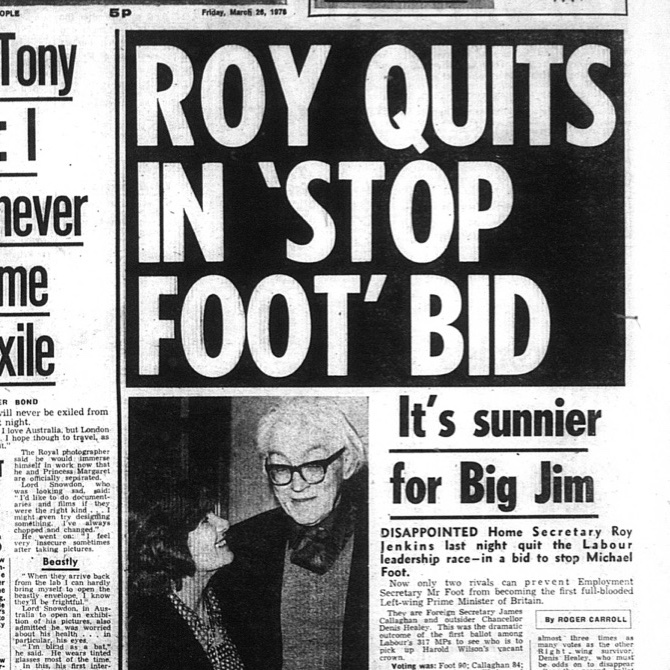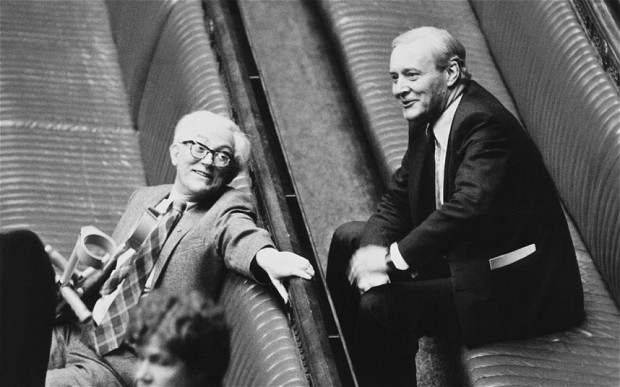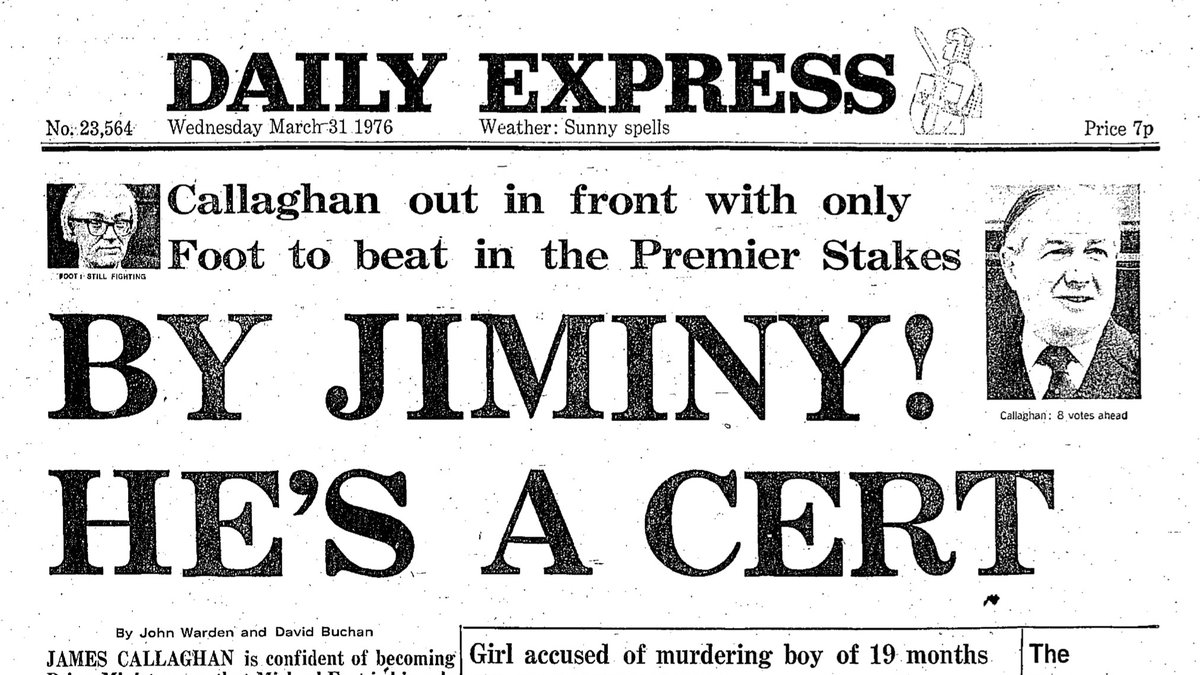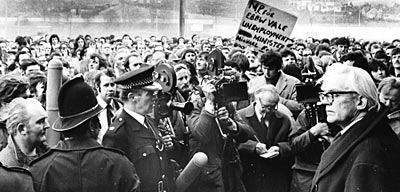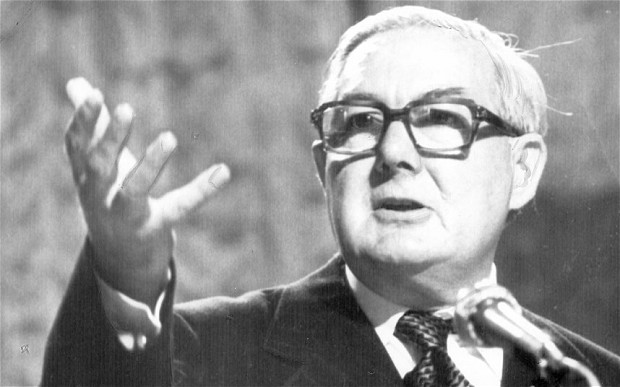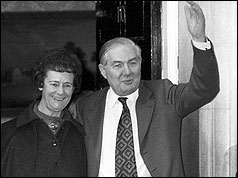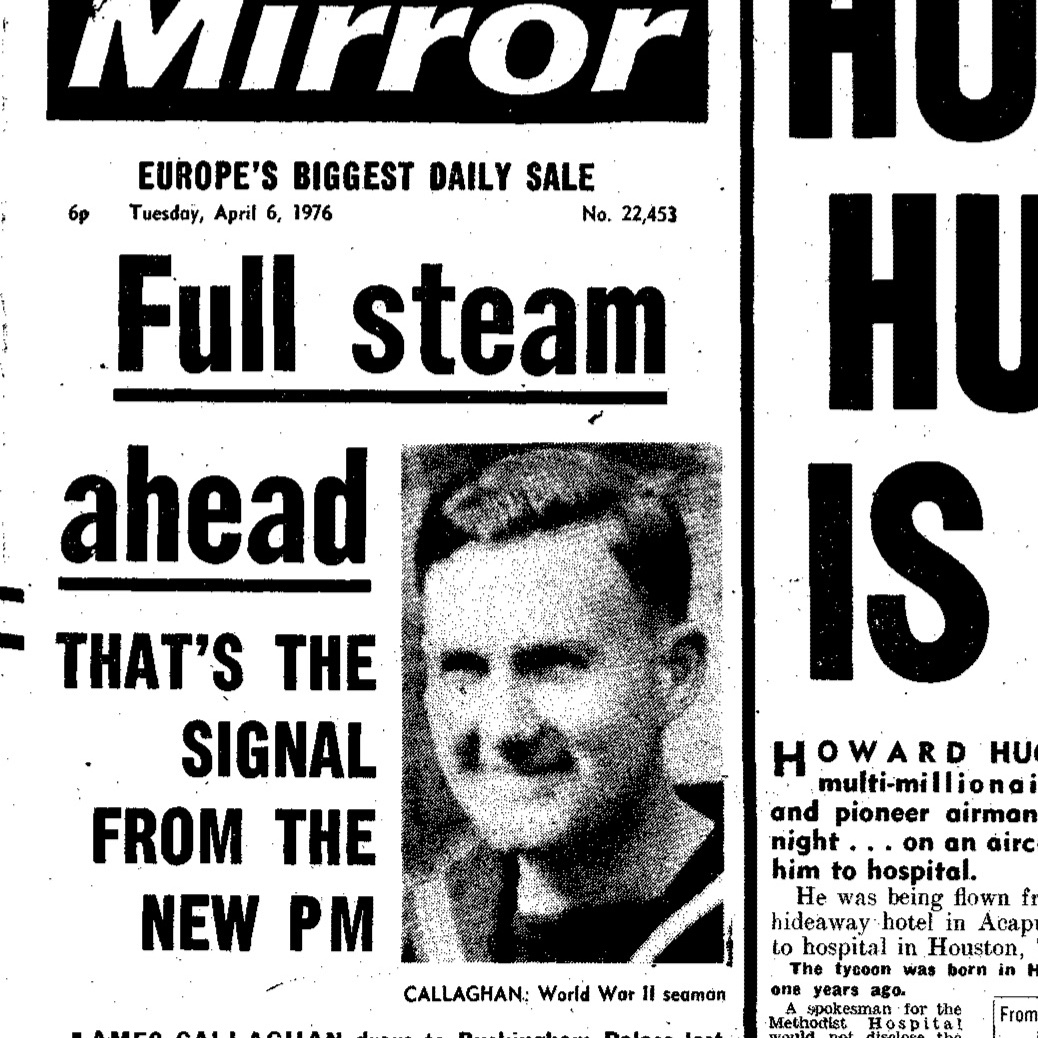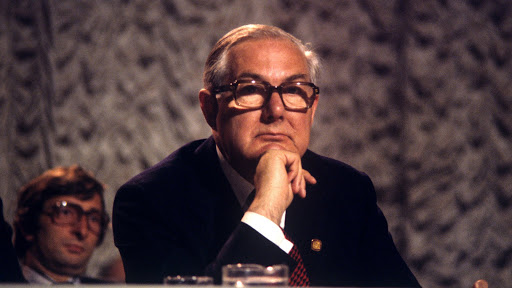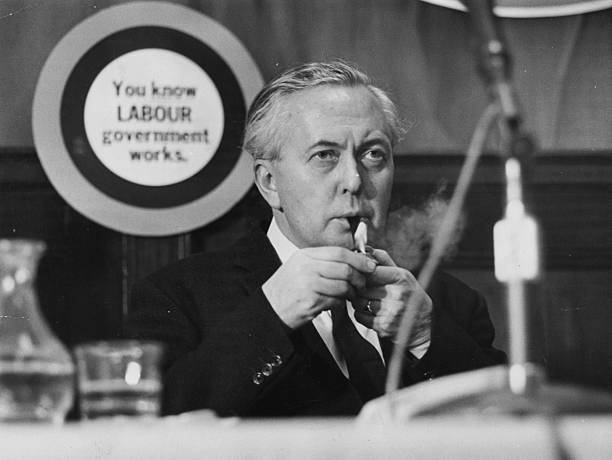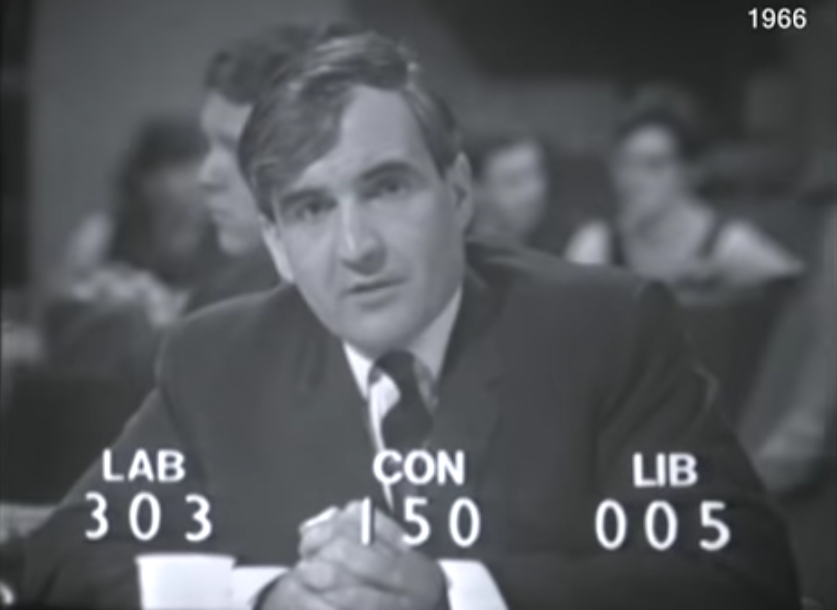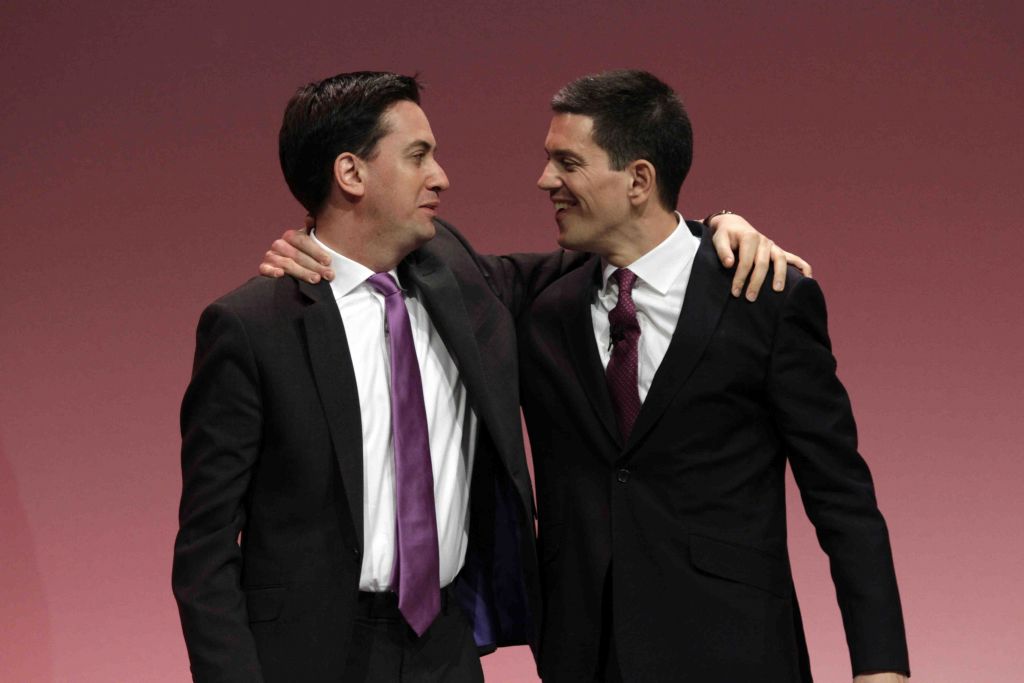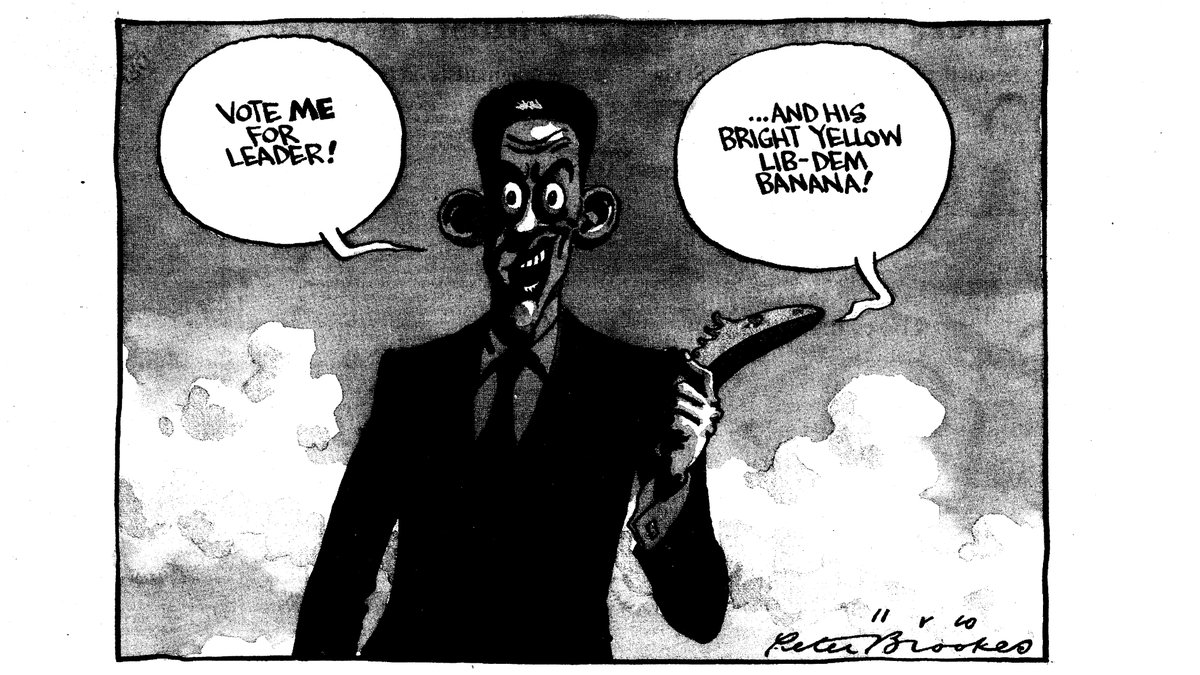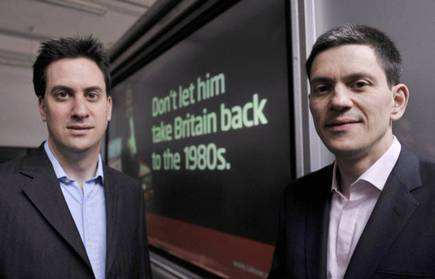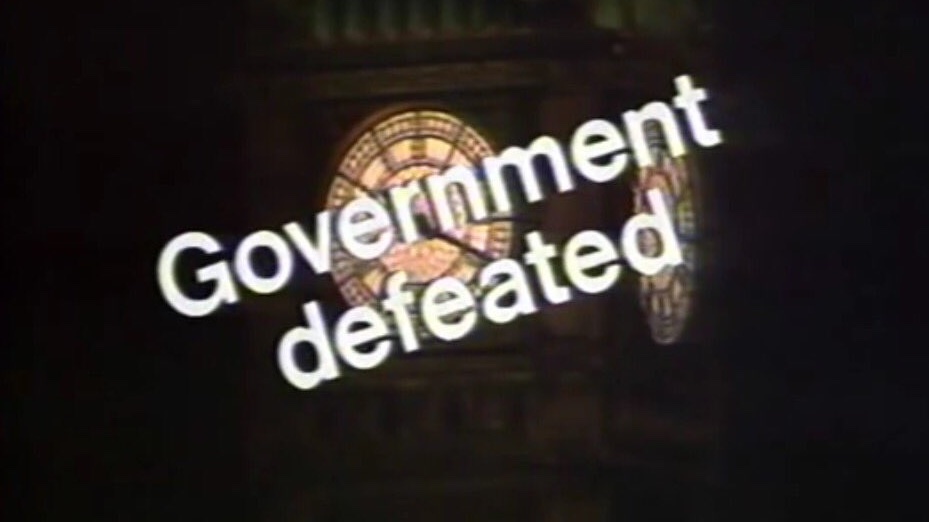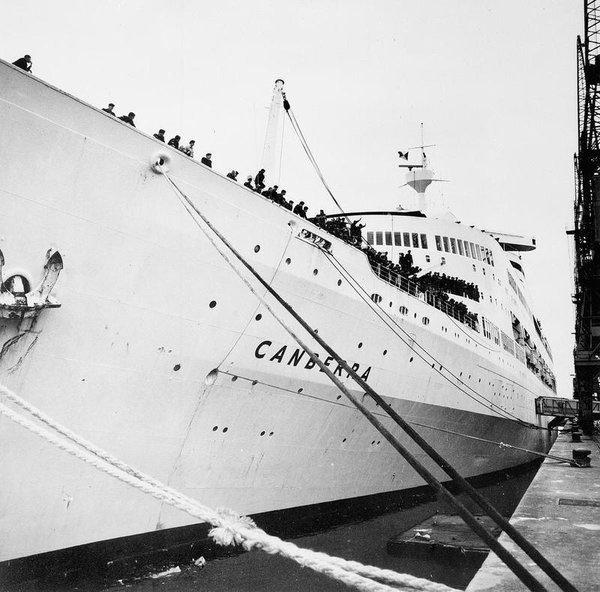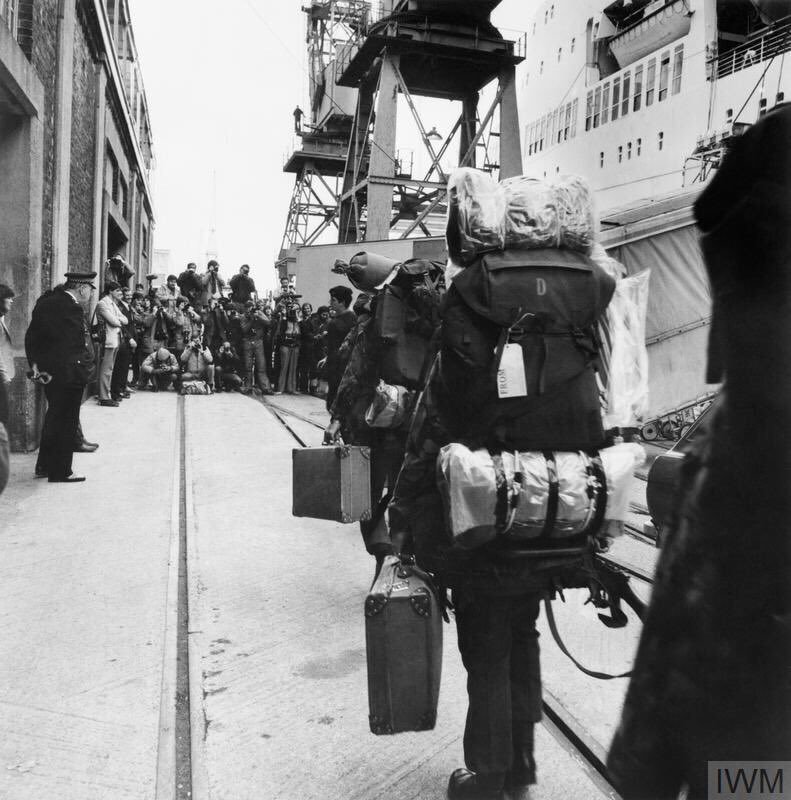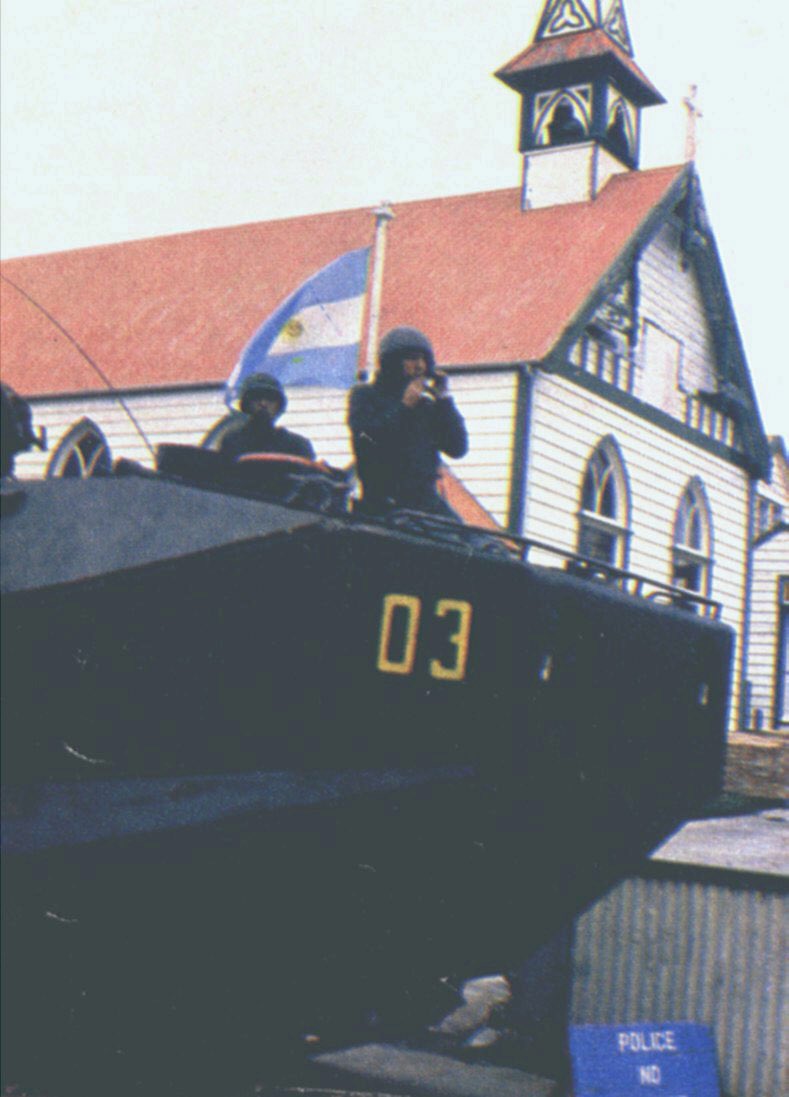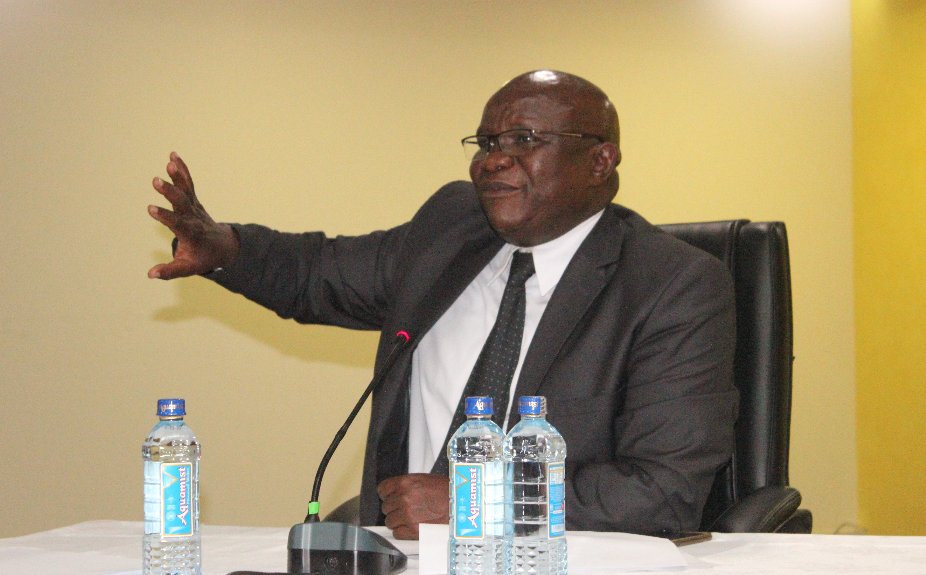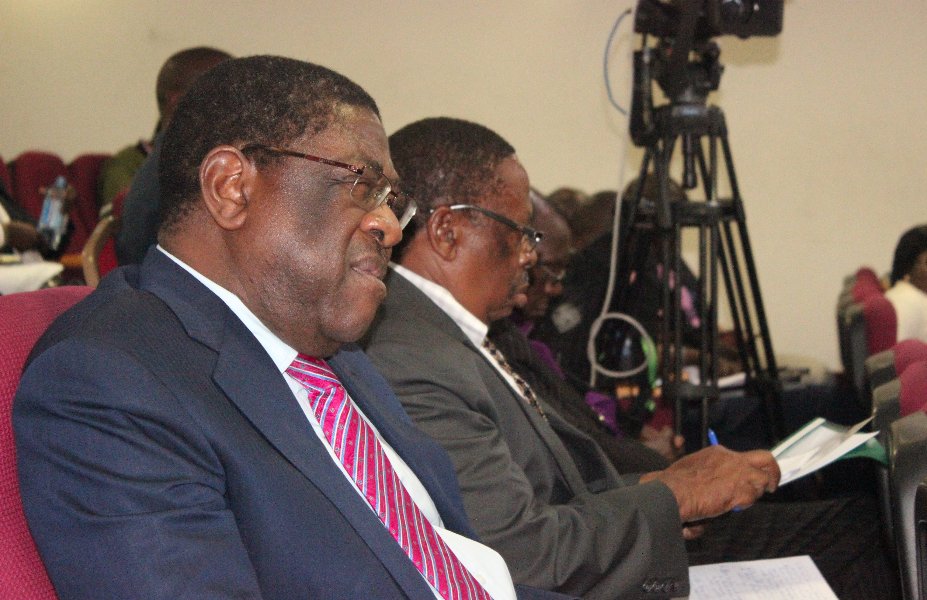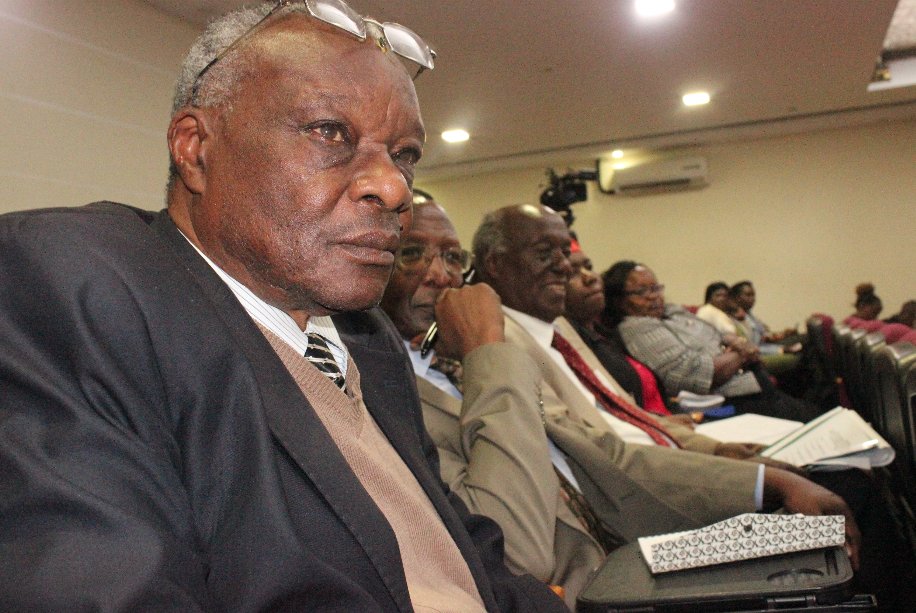The leadership contest was the first to be fought in thirteen years following the shock resignation of Harold Wilson
A thread looking at the battle between Callaghan, Foot, Healey, Jenkins, Crosland and Benn
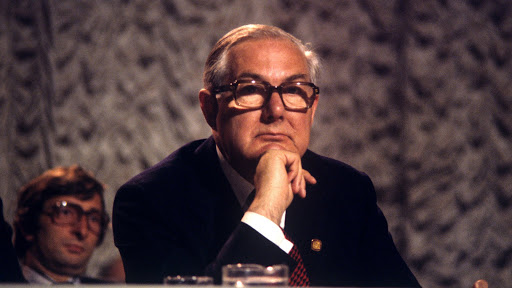
tidesofhistory.wordpress.com/2020/03/26/the…
James Callaghan 4/5
Denis Healey 7/4
Tony Crosland 7/2 in from 20/1
Roy Jenkins 5/1
Tony Benn 10/1
Michael Foot 12/1
Shirley Williams 20/1
Eric Varley 25/1
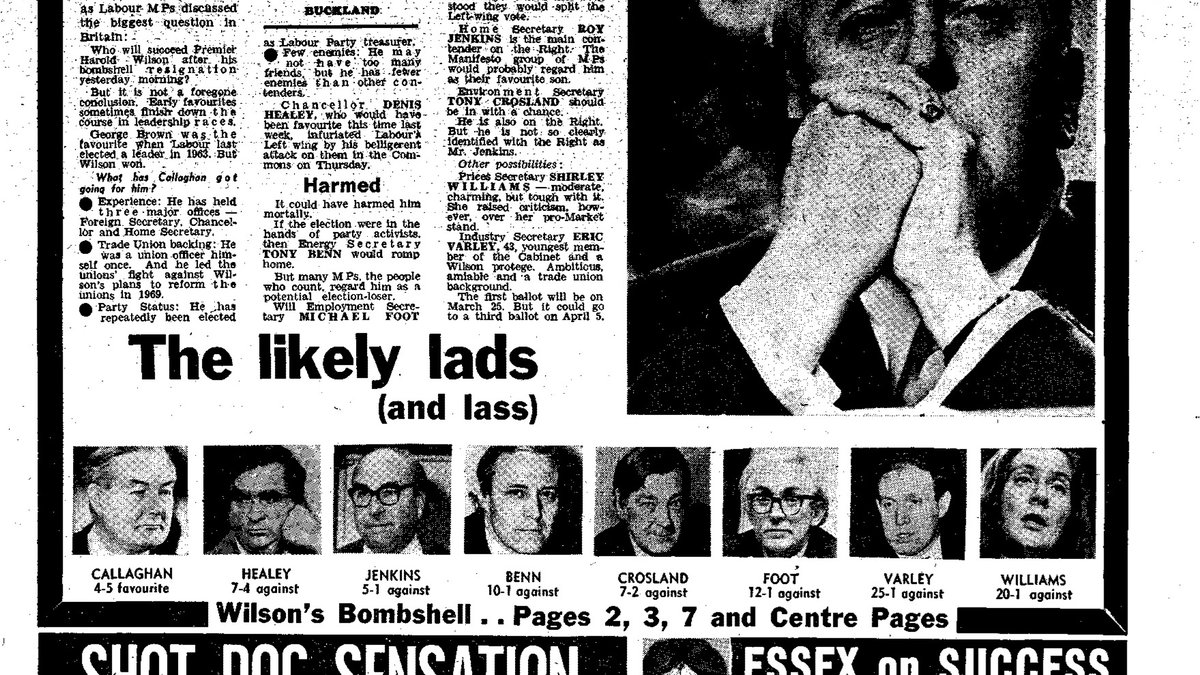
Aged 64 he was four years older than Wilson and had been a key member of the Government from 1964 onwards.
‘The next Prime Minister has to lead the British people through a most difficult and testing period – a period which will last beyond the next General Election’
Only Benn and Crosland accepted the offer.
Crosland asked ‘Even on the first ballot? No? Then Fuck Off!’.
Callaghan refused to partake just as Margaret Thatcher had in 1975 and claimed that it was the smartest move she made.
‘The sense of common purpose for the whole community took command; the class barriers started to come down; the unrivalled skill and ingenuity of the British people, so long stifled by the pre-war Tory establishment, was unleashed’
Callaghan 48%
Benn 12%
Healey 11%
Jenkins 11%
Foot 7%
Crosland 2%
But in the first ballot Foot emerged as the victor
Foot 90
Callaghan 84
Jenkins 56
Benn 37
Healey 30
Crosland 17
‘I have never been a man for bending to pressure. That perhaps is one of my qualifications for the job’.
‘political views of which he has over the years made himself a spokesman…would destroy the Labour Party’
‘The Mirror has no doubt about Mr Foot’s patriotism. No doubts about his devotion to a humane and DECENT socialism’
‘When the next election comes it is likely to baffle the political prophets and pollsters more than most’.
bbc.co.uk/news/av/uk-pol…
On the 5th April James Callaghan defeated Michael Foot by 176 votes to 137.
‘He would be an unfeeling man who could sit in No 10 and feel no emotion. For me it was a boyhood dream come true’








